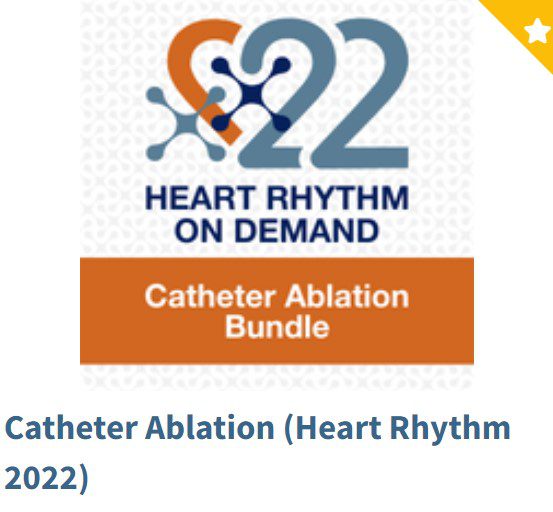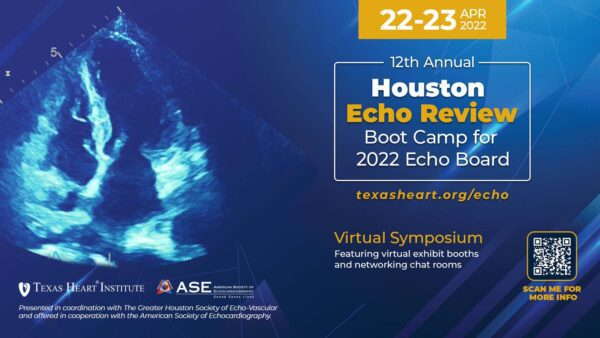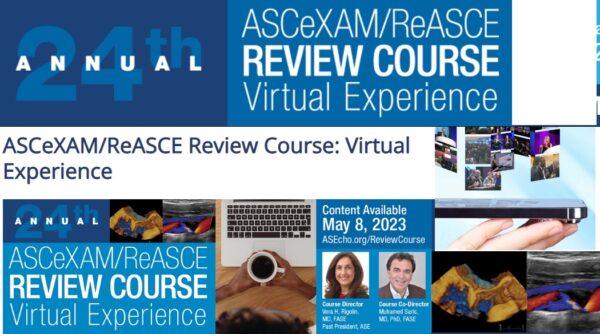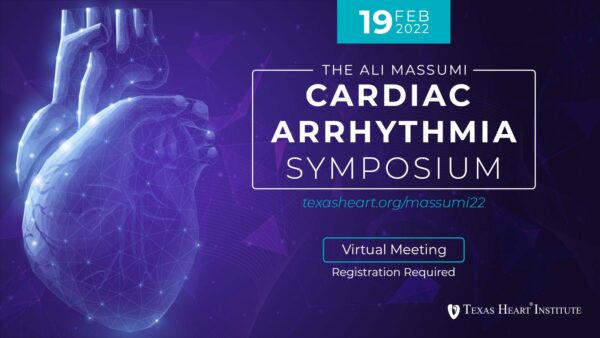Description
Description
A curated bundle of Catheter Ablation sessions presented at Heart Rhythm 2022. The education is presented in various learning formats, including Case-Based, Case-Based: Complicated Case, Debate, Core Curriculum, Abstracts, and more.
Content Overview
The Catheter Ablation category contains the following sessions from Heart Rhythm 2022:
- A Critical Appraisal of Tools for Improving Success or Safety of Atrial Fibrillation Ablation (CA-537)
- Acute and Long-Term Outcomes after Pulsed Field Ablation for the Treatment of Atrial Fibrillation (CA-536)
- Adjunctive Methods for Improving Safety and Efficacy of Catheter Ablation (CA-491)
- Advances in Clinical Trials (CA-746)
- Best Approaches for Ablation of Long-Standing Persistent Atrial Fibrillation (CA-377)
- Best Strategies for Safe Access to the Epicardial Space (CA-359)
- Building a Better Lesion: Investigations into Radiofrequency and Pulsed Field Ablation Biophysics (CA-527)
- Cardiac Pulsed Field Ablation – Unfolding the Mysteries (JS-448)
- Cardioneuroablation: Patient Selection, Mapping, and Ablation (CA-069)
- Case Based Approaches for Targeting Intramural Ventricular Substrate (CA-489)
- Case Based Approaches to Difficult Supraventricular Tachycardia Ablations (CA-355)
- Challenging Ablation Cases and Unusual Approaches (CA-141)
- Complex Cases for the Ablationist (PC-577)
- Debate: Ablation of Atrial Fibrillation is a Life-Saving Procedure (CA-362)
- Debate: Less is More when Ablating Persistent Atrial Fibrillation (CA-363)
- Defining Endpoints for Ventricular Tachycardia Ablation: A Case-Based Approach (CA-239)
- Delivering Durable Lesions: Utilizing Surrogates to Guide Ablation in the Atrium and Ventricle (CA-530)
- Effects of Pulse Field Ablation on Ventricular Myocardium and Coronary Arteries (CA-534)
- Experimental and Clinical Research into Esophageal Protection from Ablation Related Injury (CA-528)
- Expert Guidance for Ablation of Persistent Atrial Fibrillation (CA-365)
- Expert Tutorial: Advanced Ablation Techniques – Tips and Tricks (CA-385)
- High-Power Short Duration Radiofrequency Ablation for Pulmonary Vein Isolation: Clinical Trials (CA-535)
- Insights and Innovations in Ventricular Arrhythmia Ablation (CA-531)
- Interventions for Atrial Fibrillation in Patients with Heart Failure: Lessons Learned from Recent Randomized Trials (CA-147)
- Investigations into Stereotactic Body Radiation Therapy for Ventricular Tachycardia (CA-533)
- Late-Breaking Clinical Trials: Randomized Clinical Trials (LB-733)
- Mapping Techniques to Elucidate Mechanisms and Aid Ablation Strategy in Atrial Fibrillation Ablation (CA-529)
- Mechanisms of Esophageal Injury and Strategies for Esophageal Protection During Ablation of Atrial Fibrillation (CA-037)
- New Techniques and Tools for Overcoming the Challenges of VT Ablation (JS-455)
- Nightmare Ablation Cases (CA-360) Novel Treatment Strategy for Ventricular Arrhythmias (JS-454)
- Optimal Ablation Parameter Settings to Achieve the Best Lesions (CA-490)
- Practical Anatomy for Ablation: Lessons from the McAlpine Atlas (CA-313)
- Pulsed Field Ablation: Expectations and Updated Clinical Data (CA-386)
- Recorded Cases: Ablation (RC-730)
- Targeting the Vein of Marshall for Ablation of Atrial Fibrillation: Hope or Hype? (CA-488)
- Tense Moments and Great Saves in Catheter Ablation (CA-344)
- Treatment Strategies for Atrial Fibrillation and Associated Outcomes (CA-532)
- When Standard Radiofrequency Ablation Fails: Innovations in Ablation for Refractory Ventricular Arrhythmias (CA-138)
Learning Objectives
After watching a reasonable amount of Catheter Ablation (Heart Rhythm 2022), the learner should be able to:
- Identify and analyze the latest scientific advances and innovations in the field of heart rhythm disorders.
- Select appropriate, evidence-directed pharmacological and non-pharmacological therapies to achieve optimal outcomes for patients with heart rhythm disorders.
- Recognize alternative perspectives regarding areas of controversy for which scientific evidence is insufficient, controversial, inconclusive, or confusing.
- Utilize quality improvement measures, methods, and tools to foster systems-based improvements in heart rhythm care, outcome, and value.
- Analyze and improve processes related to inter-professional teams, care coordination, patient engagement, and communication to optimize the delivery of patient- and family-centered care.
- Assess the impact of regulatory and institutional policies, and societal and cultural norms, on safety, timeliness, equity (including diversity and inclusion), effectiveness, efficiency, patient-centered care, and value.
- Utilize improved communication methods to engage with patients and caregivers for increased shared decision-making in the treatment of heart rhythm disorders
- Evaluate the latest technology available for both professionals and consumers in the field of heart rhythm disorders.
- Recognize disparities in health care and describe strategies to reduce these disparities in patient care.
- Utilize shared decision-making resources in discussing monitoring and treatment of patients with heart rhythm disorders.
- Describe the latest cardiac device advisories and/or recalls and explain how to share this information with patients and caregivers.
- Explain the current and future trends in digital health that will impact the treatment of heart rhythm disorders.
- Describe best practices for managing a device clinic, an AF center, and/or a multidisciplinary electrophysiology practice.
Learning objectives specific to the session are listed at the individual session within Catheter Ablation (Heart Rhythm 2022).





